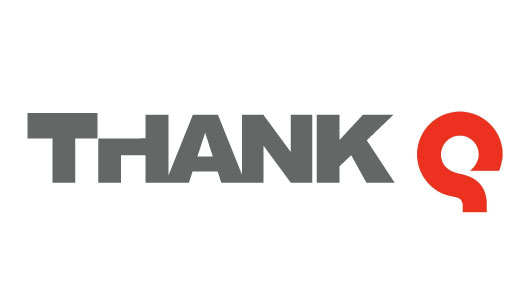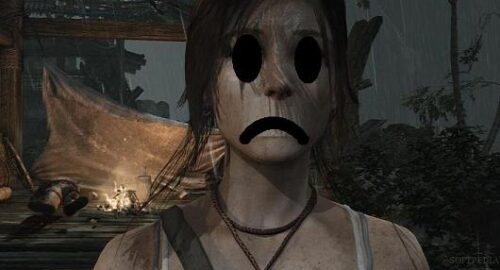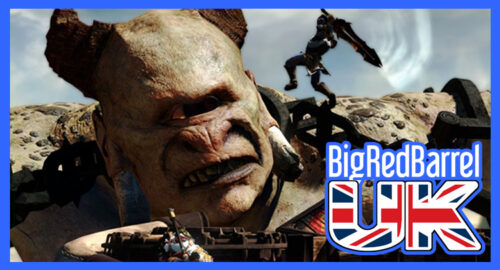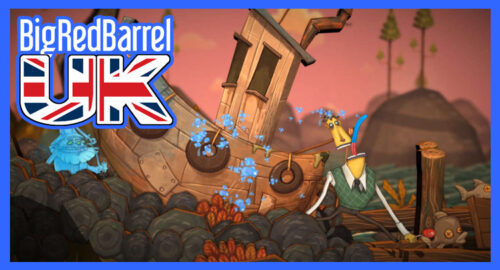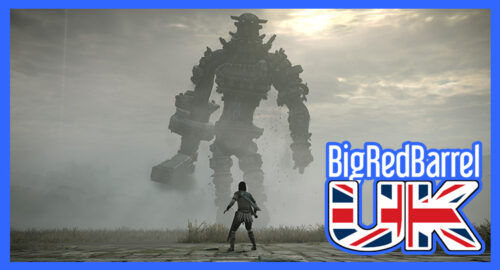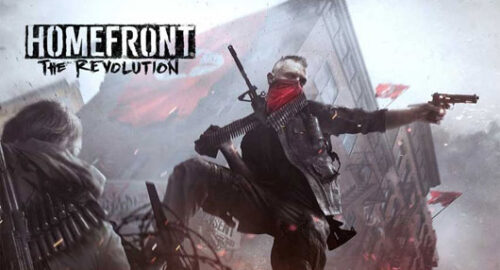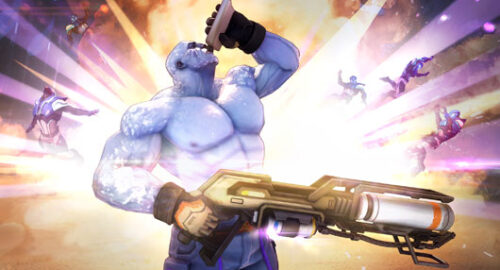You may have heard me mention this in passing when I realised this while recording the last episode of BRB UK, but certain aspects of the recent THQ auction seem to not make much sense.
Many people have noted the large disparity between the amount of the $22 million winning bid – offered by Koch Media GmBH – and the back-up offer of $5.6 million from Ubisoft for the acquisition for Volition, the developers of the Saint’s Row franchise. Aside from just about everyone in the gaming media mocking Koch for overpaying, no real explanation for their seemingly astronomical offer is forthcoming. I may have one… but even that does not make perfect sense. If anything it muddies the waters even further.
Koch Media are a German “digital entertainment producer and marketeer” whose gaming arm, Deep Silver, publish games such as Dead Island. They had a winning bid accepted with a very precise price bid of $22,312,925. The second highest bid was made by Ubisoft for $5.6 million. On the face of it, it seems that Koch happily paid nearly four times as much for Volition than its nearest competitors were willing to pay.
I am not saying that Koch media overpaid or that they didn’t get their money’s worth. If the next Saints Row game goes on to sell four million copies – probably a fairly realistic figure based on sales for the franchise so far– then the standard publishers’ rate alone (assuming $18 out of every $60 sold) should net them a whopping $72 million in revenue. I am not even saying that anything dodgy or underhand occurred, but it is hard to not attract attention when there is such a massive differential in the perceived value of Volition by such big publishers.
Sega paid a similarly large amount for Company of Heroes developer, Relic – but in this case, the difference between that and the back up bid made by Zenimax Media was just $0.3 Million. Likewise, in Koch’s acquisition of the licence for Metro: Last Light, which was for a much lower amount of around the $6 million mark, the difference between their winning bid and that of the back up bid, made again by Ubisoft, was only $0.7 million. So, the biggest other difference between the highest and second highest bids was just over 10% compared with the near 75% difference of the Volition deal.
The deal for the title in production at Turtle Rock Studios also has a large percentage difference, but can be explained by the fact that the second highest deal was made by the studio themselves. I presume that this means no other bids were made, which is odd given that Take-Two have sunk over $10 million in to acquiring the licence. For a new IP, that sounds like quite a gamble. Seems as though Evolve may be a name to look out for in future.
So, why is the figure paid by Koch media so high? It could have been a perfectly legitimate bid – in all honesty, after doing further research, that seems to be the most likely option. It could have been calculated based on the added value that comes with owning Volition. It could be because it will likely garner a lot of goodwill with gamers. It could have been a deliberately inflated value to scare off any other potential investors. It could just have been based on Volition’s true worth. It could be a combination of those reasons or may have simply been based on the amount of spare change Herr Koch found stuffed down his lederhosen… but I can not help but notice that the amount offered by Koch is a suspicious amount, especially if you have been paying attention to the THQ bankruptcy case so far.
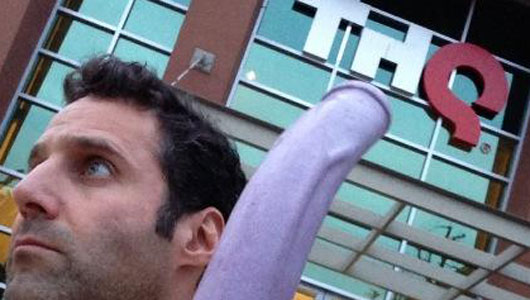
A Volition employee leaves the building (with belongings)
Early in January, a number of creditors blocked the sale of THQ as a single entity, claiming that more money could be raised by selling off the assets piecemeal as opposed to as a whole. This move may have been fairer to those that were owed money, but also cost a lot of ordinary working people their jobs. The proposed sale price – which was turned down – was $60 million. The total raised by the auction (so far) is just under $72 million. If Koch Media had not made their offer of $22 million and Ubisoft’s offer won, then the amount of money raised would have only amounted to $55.09 million; in other words, nearly $5 million below the total that would have been raised by selling off the company as a whole.
I did question whether this ‘overpayment’ was possibly made in order to ensure that any/all of the proposals went through, perhaps at the insistance of the bankruptcy trustee or the creditors. Some cursory discussions with a knowledgable friend would seem to indicate this to be unlikely though, as once the auction was formally started, there is apparently no recourse based on the amount of money raised at the auction and that there is no way to abandon the auction and revert to the previous proposal of selling the company off as a whole. That said, I am unsure exactly how the trustee would explain having a $5 million shortfall when it came to securing THQ’s debts.
There are other complications, as there are a number of licences retained by THQ that may still be sold, most notably including franchises such as Darksiders . But they remain in ownership of many other — in some cases defunct — franchises that could be revived. I would quite happily get behind a remake or HD collection for Full Spectrum Warrior or Destroy All Humans. We are also waiting to see if anyone can wrestle the valuable WWE licence out of their grasp, with Take-Two rumoured to be the next publisher to be tagged in. Whatever happens to the remnants of THQ, there is no doubt there is still some potential value left lurking around their now-deserted corridors. Whether any of that potential will be realised remains to be seen.
For now at least, THQ’s creditors can sleep a little easier with $22 million of Koch cash under their pillow.
